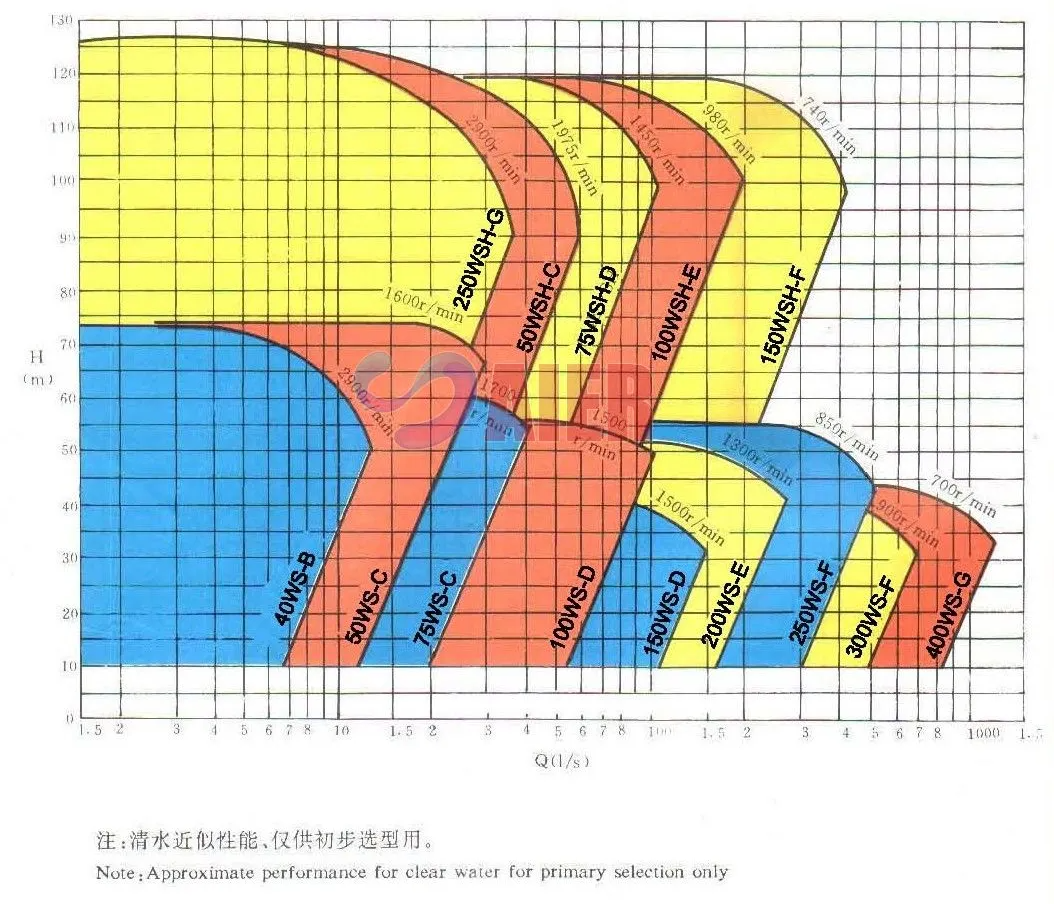Sep . 12, 2024 11:21 Back to list
High-Performance Slurry Pump Impellers | Durable & Efficient Solutions
Understanding the Importance of Impellers in Slurry Pumps
Slurry pumps are essential equipment in various industries that handle mixtures of liquid and solid particles. One of the critical components of a slurry pump is the impeller, which plays a pivotal role in determining the pump's efficiency and effectiveness. This article explores the function of impellers in slurry pumps, the types available, and their impact on performance.
The primary function of an impeller in a slurry pump is to convert the mechanical energy driven by a motor into hydraulic energy, allowing the fluid to flow and transport the solid particles. When the impeller rotates, it imparts kinetic energy to the slurry, causing it to move through the pump and into the desired discharge location. The design and construction of the impeller are vital, as they directly affect the pump's ability to handle various types and concentrations of slurries.
Types of Impellers
There are several types of impellers used in slurry pumps, including open, closed, and semi-closed designs. Open impellers consist of blades that do not have a cover, making them suitable for handling large solids and highly abrasive slurries. However, they are generally less efficient compared to closed impellers, which do have covers that streamline the flow and improve hydraulic performance. Semi-closed impellers offer a middle ground, providing better efficiency than open impellers while still being capable of handling solid particles.
Materials and Durability
impeller of slurry pump

The material of the impeller is another critical consideration. Impellers can be made from various materials, including rubber, stainless steel, and high chromium alloys. The choice of material depends on the type of slurry being pumped. For instance, rubber impellers are often used for less abrasive slurries, while high chromium alloys are preferred for more abrasive applications due to their superior wear resistance.
Impact on Pump Performance
The design and quality of the impeller significantly impact the overall performance of the slurry pump. A well-designed impeller can enhance the hydraulic efficiency, reduce power consumption, and increase the pump's lifespan. Conversely, a poorly designed or worn impeller can lead to inefficiencies, increased operational costs, and frequent maintenance issues.
Conclusion
In conclusion, the impeller is a vital component of slurry pumps that influences their operational performance. Understanding the different types of impellers, their materials, and their effects on pump efficiency can help operators select the right pump for their applications. With the right impeller design and material choice, industries that rely on slurry pumps can optimize their operations and ensure smooth and reliable fluid transport.
-
Wholesale Casting Dredge Pump Part - High Quality China Manufacturers & Suppliers
NewsJul.04,2025
-
High Quality Slurry Pump Seals Reliable China Suppliers & Manufacturers
NewsJun.24,2025
-
High Quality Portable Submersible Slurry Pump Supplier & Manufacturer from China
NewsJun.10,2025
-
Slurry Pump Parts Manufacturer – High Quality Rubber Spare Parts from China
NewsJun.10,2025
-
High Quality 1/3 HP Submersible Sump Pump with Vertical - Reliable Supplier & Factory Price
NewsJun.10,2025
-
High-Efficiency Centrifugal Slurry Pumps India
NewsJun.10,2025
